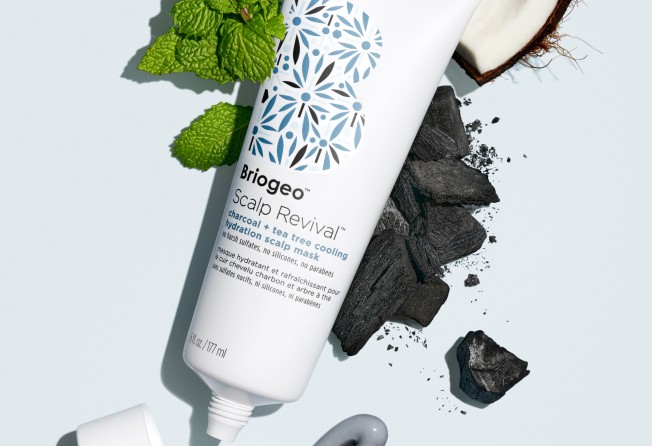
Should hair masks be part of your hair care routine? Experts explain
- Masks can hydrate or strengthen your hair, but they are not essential to your hair care routine, experts say – a deep conditioner under a shower cap works too
- They can provide a temporary fix, for example if you have dry hair or chemically treated hair that is damaged. Hair masks also help with long-term maintenance
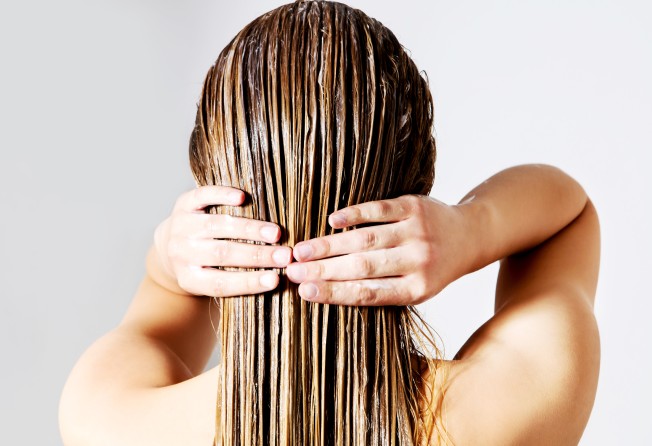
The hair care aisle is popping up with new takes on a familiar product: hair masks. But are they hair care gold or just a gimmick?
Experts say hair masks can be a useful tool for a range of textures but it’s important to know what kind you need, and best practices, before adding them to your routine.
While different types of hair mask exist in the market, they’re typically applied in the shower after shampooing and left on for a number of minutes to soak in before rinsing out.
Dr Michelle Henry, dermatologist and founder of Skin & Aesthetic Surgery Of Manhattan, says hair masks can be a good option depending on your hair type.

“I wouldn’t say they’re absolutely necessary to have healthy hair, but if you are struggling with a particular hair concern, they can be useful.”
While masks may give your hair needed hydration, if you’re using them too frequently or leaving them in longer than recommended they can make matters worse, explains Shab Reslan, HairClub hair health expert and trichologist (someone who specialises in treating hair and scalp issues).
It’s not going to change the hair structure in any long-term or meaningful way, but it can be a part of your maintenance
“With hair masks, it really comes down to how they’re being used. It’s a product that is not supposed to be used daily for good reason,” she says. “They are made with a lot heavier ingredients like protein, to (help) repair the hair – if you were using that on a daily basis, you’re going to have protein overload and your hair will start acting weird.”
People with different types of hair, from stick straight to tightly coiled curls, may turn to hair masks for a number of concerns, most typically dryness and damage.
Henry explains that hair masks are usually a temporary fix, but when used consistently they can be good for maintenance.
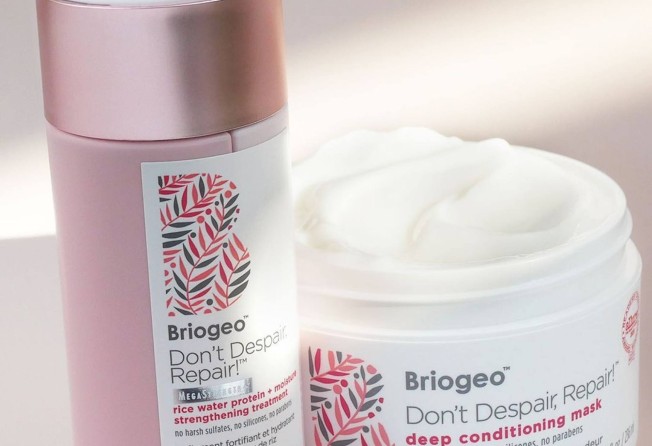
“It’s not going to change the hair structure in any long-term or meaningful way, but it can be a part of your maintenance,” she says.
If you have dry hair, the added moisture from a hydrating hair mask can be useful, she explains. And for chemically treated hair that feels weak or easily breaks, masks containing protein can help.
“These protein containing masks don’t permanently integrate and replace the bonds in your hair that have been damaged by different chemical processes. However, they can temporarily fortify the strands, making them less likely to break,” Henry says.
Reslan’s general rule is to base the frequency with which you use hair masks on how often you wash your hair. If it’s once a day, use a mask once a week. If you wash every other day, use a mask every other week. And for less frequent washers, use a mask even less.
During mask days, skip conditioner, Reslan advises. Use a clarifying shampoo (which is a bit stronger than your daily-use shampoo) to get rid of any build-up and condition with the mask instead.
After shampooing, squeeze out any excess water so your hair can better soak up the mask ingredients. To make sure it stays in place during the allotted time, Reslan suggests putting it in a clip while you wash your body. Then, rinse well.
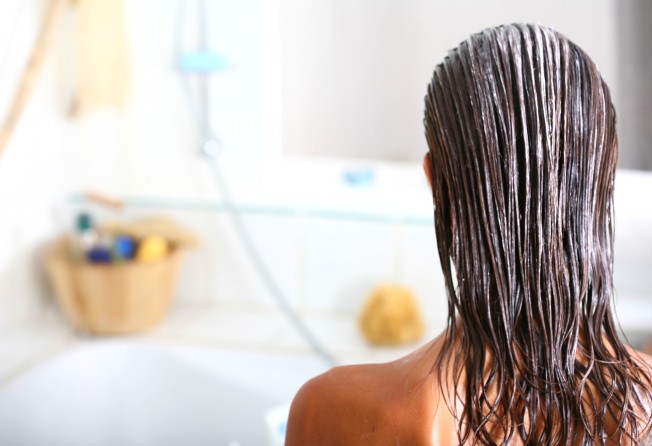
“Something that consumers love to do is leave a little bit of that slippery feeling in there, (thinking) their hair will just be softer later. That is a problem, because those ingredients will dry and build up on your hair and then you’re going to again have scalp issues, which can lead to hair loss, dull hair – all sorts of problems can happen,” she says.
When choosing a mask, it’s important to know what your hair needs, experts say.
“Curly, kinky hair, which is going to be naturally a little bit drier, can really benefit from a lot of these treatments,” Henry explains. “Thinner hair types are probably less likely to need heavier moisturisers.”
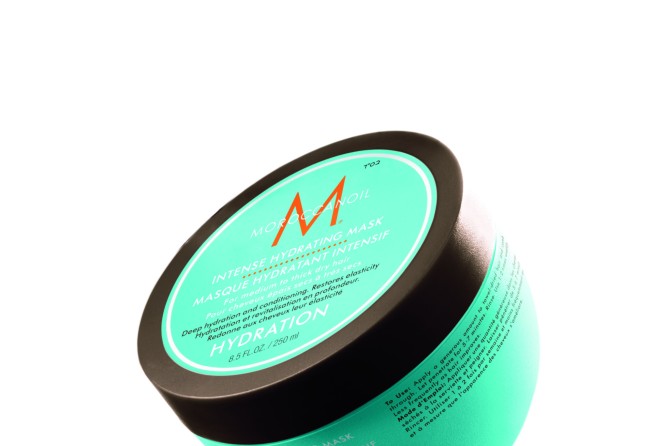
Lightweight oils such as jojoba and argan oil are good ingredients to look for, as they “more closely replicate our natural oils and waxes”, Henry says, while keratins are useful for those trying to build up strength in the hair.
Things to avoid? Henry suggests staying away from silicone-heavy products.
“Silicone sits on top of the hair and doesn’t let other hydrating ingredients penetrate,” she explains. “Not every silicone product is awful, but if you are using silicone products, make sure you’re washing the hair effectively (and) getting rid of any residual debris so that your additional products can work.”
If you want to skip the hair mask, that’s OK too. Henry says you can get similar results from a good deep conditioner.
“A deep conditioner with a shower cap can function as a mask,” she says.
Avoiding things that are bad for your hair, such as heat, can prevent damage before a mask is even needed.
“Thermal tools are the number one damaging thing for everyone’s hair,” Reslan warns.